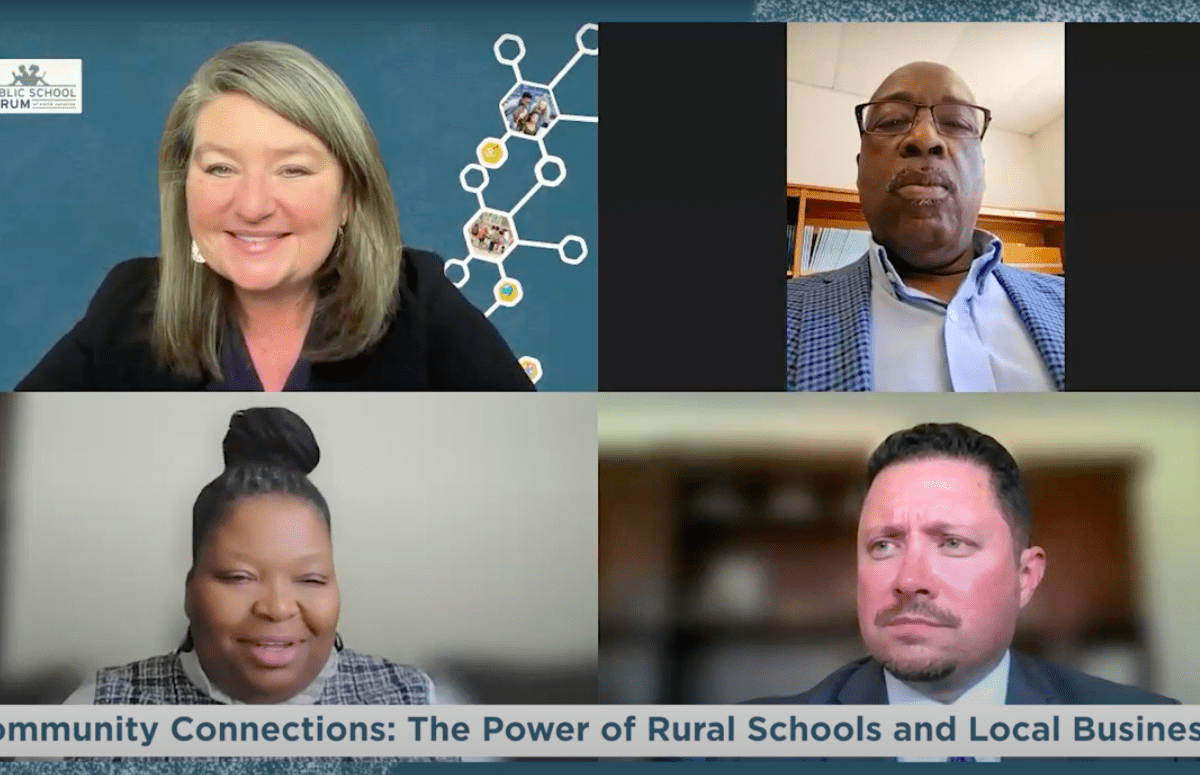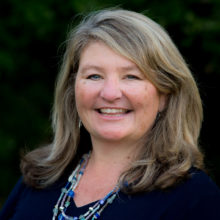
|
|
The following is Mary Ann Wolf’s “Final Word” from the April 19, 2025 episode of Education Matters, featuring Ryan Simons of the Wilson Chamber of Commerce, Krystle Lindsay of Vance County Schools, and Hipp Barclift of Elizabeth City-Pasquotank Public Schools.
In rural communities, like the many we have here in North Carolina, local public schools are often community hubs, serving as places of learning as well as connection and growth. Likewise, local businesses are often important pieces of what makes a rural community what it is, making relationships between the two not just beneficial, but essential. When partnerships can be fostered between local businesses and schools, the entire community benefits as students gain access to new resources and opportunities, educators receive vital support, and businesses become more deeply connected to the future of their communities.
These partnerships can take many forms. Whether it’s through providing financial resources, volunteering time and expertise, or helping to meet the basic needs of students and their families, local businesses are uniquely positioned to make a real difference. By identifying needs and stepping in to address them, businesses can improve the educational experience for students while strengthening the local connection that makes our rural communities so special.
These collaborations are particularly important given the unique challenges rural communities face. With limited access to resources, and gaps that urban areas may not experience, rural schools may have to turn to community to fill critical needs — but they also provide a great contribution. Strong local public schools play a vital role in ensuring that rural communities are able to thrive by preparing kids for life, strengthening the local workforce, and helping maintain a sense of community pride and identity. Without well-resourced local public schools, the long-term success and sustainability of rural areas would be at risk.
Unfortunately, the funding gap between the wealthiest and least wealthy districts has been persistently growing in recent years. As a result, there are significant disparities in the ability of counties with different levels of wealth to provide their schools with the resources they need, particularly given the increasing role of local spending over time. Lower wealth counties also tax themselves at higher rates than wealthier counties, but are still unable to generate comparable tax revenue to wealthier counties that make less taxing effort.
The disparity will sadly only be exacerbated with the loss of federal education funding. We’ve already seen rural districts abruptly lose funds being used for school construction projects and teacher recruitment during an ongoing shortage of qualified teachers. Because of these losses that will inevitably hurt students, the need for public schools to receive support from within their community is especially important at this moment.
Everyone has a role to play in supporting local public schools. Local businesses have the power to make a tangible impact on the lives of students by helping schools prepare those students for life. Schools, in turn, provide businesses with a way to invest in their community’s future while cultivating the next generation of leaders, innovators, and workers. As we look ahead, it’s clear that these collaborations will only become more important. The challenges facing rural schools are real, but so are the opportunities for communities to come together and create meaningful change. The future of rural communities depends on all of us working together. By fostering and strengthening these partnerships, we can ensure that every student, no matter where they live, has the support and resources they need to thrive.
As Governor Stein reminded us during this year’s NC Rural Summit, “Our state’s path to success runs right through rural North Carolina. That path is paved, first and foremost, by our public schools.”





